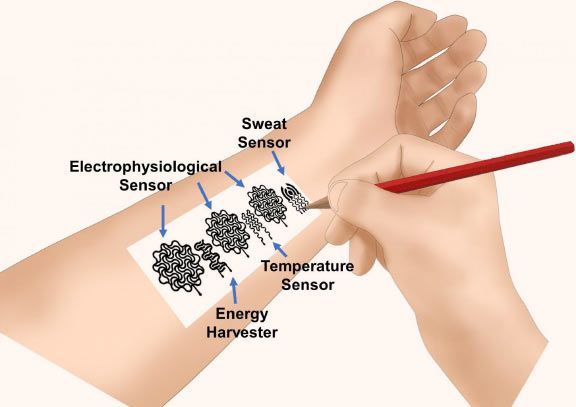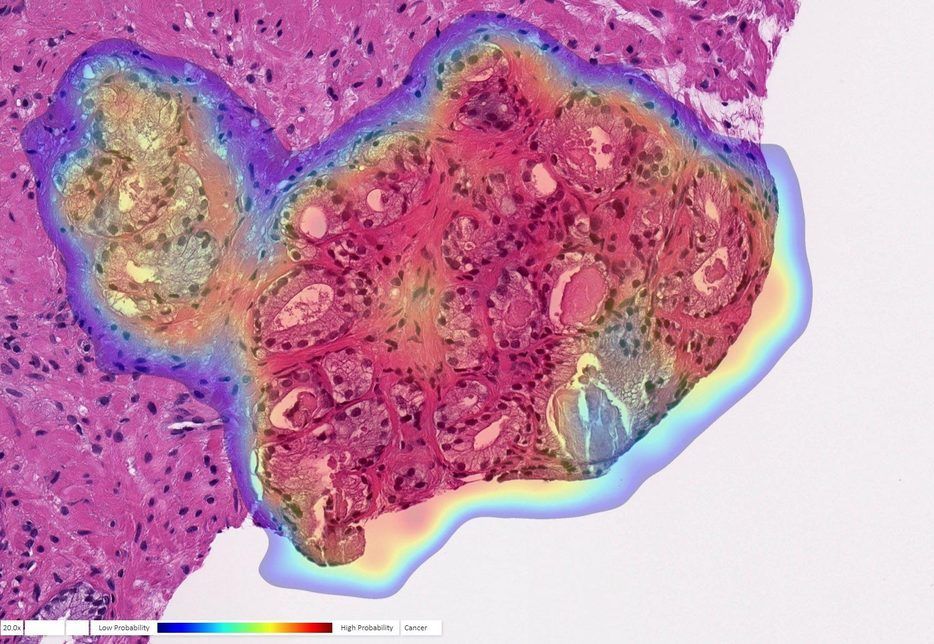Dowload the pdf
Cannabis sativa, especially one high in the anti-inflammatory cannabinoid cannabidiol (CBD), has been proposed to modulate gene expression and inflammation and harbour anti-cancer and anti-inflammatory properties. Working under the Health Canada research license, we have developed over 800 new Cannabis sativa lines and extracts and hypothesized that high-CBD C. sativa extracts may be used to modulate ACE2 expression in COVID-19 target tissues. Screening C. sativa extracts using artificial human 3D models of oral, airway, and intestinal tissues, we identified 13 high CBD C. sativa extracts that modulate ACE2 gene expression and ACE2 protein levels. Our initial data suggest that some C. sativa extract down-regulate serine protease TMPRSS2, another critical protein required for SARS-CoV2 entry into host cells.
While our most effective extracts require further large-scale validation, our study is crucial for the future analysis of the effects of medical cannabis on COVID-19. The extracts of our most successful and novel high CBD C. sativa lines, pending further investigation, may become a useful and safe addition to the treatment of COVID-19 as an adjunct therapy. They can be used to develop easy-to-use preventative treatments in the form of mouthwash and throat gargle products for both clinical and at-home use. Such products ought to be tested for their potential to decrease viral entry via the oral mucosa. Given the current dire and rapidly evolving epidemiological situation, every possible therapeutic opportunity and avenue must be considered.
With the rapidly growing pandemic of COVID-19 caused by the new and challenging to treat zoonotic SARS-CoV2 coronavirus, there is an urgent need for new therapies and prevention strategies that can help curtail disease spread and reduce mortality. Inhibition of viral entry and thereby spread constitute plausible therapeutic avenues. Similar to other respiratory pathogens, SARS-CoV2 is transmitted through respiratory droplets, with potential for aerosol and contact spread. It uses receptor-mediated entry into the human host via angiotensin-converting enzyme II (ACE2) that is expressed in lung tissue, as well as oral and nasal mucosa, kidney, testes, and the gastrointestinal tract. Modulation of ACE2 levels in these gateway tissues may prove a plausible strategy for decreasing disease susceptibility. Cannabis sativa, especially one high in the anti-inflammatory cannabinoid cannabidiol (CBD), has been proposed to modulate gene expression and inflammation and harbour anti-cancer and anti-inflammatory properties. Working under the Health Canada research license, we have developed over 800 new Cannabis sativa lines and extracts and hypothesized that high-CBD C. sativa extracts may be used to modulate ACE2 expression in COVID-19 target tissues. Screening C. sativa extracts using artificial human 3D models of oral, airway, and intestinal tissues, we identified 13 high CBD C. sativa extracts that modulate ACE2 gene expression and ACE2 protein levels. Our initial data suggest that some C. sativa extract down-regulate serine protease TMPRSS2, another critical protein required for SARS-CoV2 entry into host cells. While our most effective extracts require further large-scale validation, our study is crucial for the future analysis of the effects of medical cannabis on COVID-19. The extracts of our most successful and novel high CBD C. sativa lines, pending further investigation, may become a useful and safe addition to the treatment of COVID-19 as an adjunct therapy. They can be used to develop easy-to-use preventative treatments in the form of mouthwash and throat gargle products for both clinical and at-home use. Such products ought to be tested for their potential to decrease viral entry via the oral mucosa. Given the current dire and rapidly evolving epidemiological situation, every possible therapeutic opportunity and avenue must be considered.








